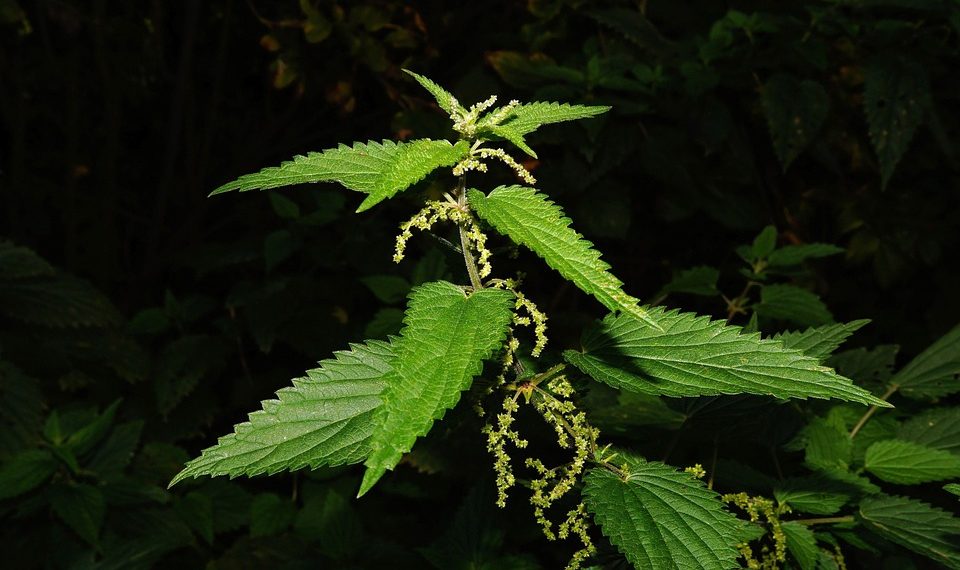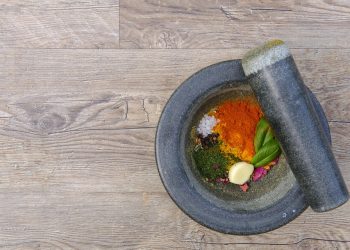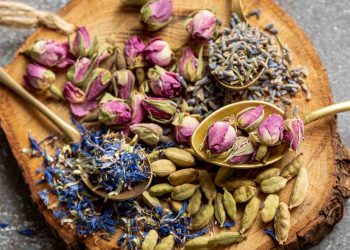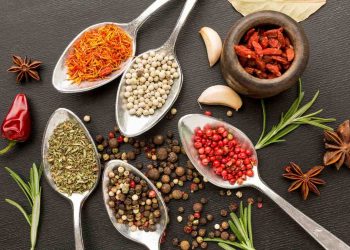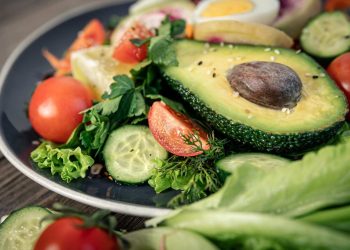5 Soothing Teas to Alleviate Muscle Pain Naturally
Have you ever tried to unwind after a long day, only to be met with the discomfort of muscle pain? You’re not alone. Many of us deal with sore muscles, whether from a tough workout or simply the strains of daily life. While over-the-counter medications can offer relief, they often come with side effects. What if I told you that nature has its own remedies? Let’s dive into five soothing teas that might just ease your muscle pain naturally.
Contents
1. Ginger Tea
Why It Works
Ginger is a powerhouse when it comes to reducing inflammation. It contains compounds called gingerols and shogaols, which have been shown to decrease pain and improve mobility. A study published in the Journal of Pain found that ginger supplementation significantly reduced muscle pain following exercise (Black et al., 2010).
How to Brew
To make ginger tea, slice a fresh ginger root (about an inch long) and steep it in boiling water for 10-15 minutes. You can sweeten it with honey or add a splash of lemon for flavor.
Pros and Cons
- Pros: Anti-inflammatory, easy to make, and delicious.
- Cons: Some people may find it too spicy or may experience digestive discomfort.
2. Peppermint Tea
Why It Works
Peppermint is known for its soothing properties, both for the stomach and for muscle relief. The menthol in peppermint is a natural analgesic, which means it can help alleviate pain. A study in International Journal of Sports Physical Therapy noted that menthol can provide a cooling sensation that helps distract from pain (Meyer et al., 2015).
How to Brew
You can either use fresh peppermint leaves or tea bags. Steep the leaves in boiling water for about 5-10 minutes. If you’re using tea bags, follow the package instructions.
Pros and Cons
- Pros: Refreshing taste, can help with headaches, and easy to prepare.
- Cons: Not recommended for those with acid reflux, as it may exacerbate symptoms.
3. Chamomile Tea
Why It Works
Chamomile is often lauded for its calming effects, but it can also help with muscle pain. It contains antioxidants that reduce inflammation and relax muscles. According to a study published in Molecular Medicine Reports, chamomile has anti-inflammatory properties that can help alleviate discomfort (El-Ashmawy et al., 2013).
How to Brew
Steep chamomile flowers or tea bags in hot water for about 5 minutes. For an added twist, mix in some lavender for enhanced relaxation.
Pros and Cons
- Pros: Calming and helps with sleep, in addition to muscle relief.
- Cons: May cause allergic reactions in some individuals, particularly those sensitive to plants in the daisy family.
4. Nettle Tea
Why It Works
Nettle tea is often overlooked but is gaining recognition for its potential benefits against muscle pain. It’s rich in vitamins and minerals, particularly magnesium, which plays a crucial role in muscle function. A study published in the Journal of Ethnopharmacology found that nettle extract showed anti-inflammatory effects (Khan et al., 2010).
How to Brew
Use dried nettle leaves and steep them in boiling water for about 10 minutes. You can add honey or lemon to enhance the flavor.
Pros and Cons
- Pros: Nutrient-rich, can help with joint pain as well.
- Cons: May cause digestive upset in some individuals, and fresh nettles can sting if handled improperly.
5. Turmeric Tea
Why It Works
Turmeric contains curcumin, a compound known for its potent anti-inflammatory properties. Research published in the Journal of Alternative and Complementary Medicine indicates that curcumin can significantly reduce pain and inflammation (Jurenka, 2009).
How to Brew
Mix a teaspoon of turmeric powder with hot water. You can add a pinch of black pepper (which enhances curcumin absorption) and honey for sweetness.
Pros and Cons
- Pros: Highly anti-inflammatory and versatile in recipes.
- Cons: Some people may find the taste unappealing, and excessive consumption can lead to digestive issues.
Frequently Asked Questions
1. How often can I drink these teas?
Most herbal teas can be consumed daily, but it’s best to start with one cup and see how your body responds.
2. Can I mix these teas together?
Absolutely! Some combinations, like ginger and turmeric, can enhance their anti-inflammatory effects.
3. Are there any side effects?
While these teas are generally safe, they can cause side effects in some individuals. For example, peppermint may worsen acid reflux, and chamomile may cause allergic reactions in sensitive individuals.
4. Can these teas replace my pain medication?
While they can provide relief, they shouldn’t replace prescribed medications without consulting a healthcare professional.
Conclusion
Natural remedies like herbal teas can be a soothing addition to your muscle pain management routine. They not only offer potential relief but also come with the added benefits of relaxation and overall wellness. Of course, everyone’s body is different, and what works for one person might not work for another. Always listen to your body and consult with a healthcare provider if you have any concerns.
So, next time you feel those muscles protesting, consider brewing a cup of one of these soothing teas. You might just find that nature has the perfect remedy waiting for you.
Disclaimer: This article is for educational purposes only and is not a substitute for professional medical advice. Always consult a qualified healthcare provider before making changes to your health routine.
References
-
Black, C. D., Herring, M. P., & Hurley, D. J. (2010). Ginger supplementation and muscle pain following exercise. Journal of Pain, 11(6), 1013-1018. https://doi.org/10.1016/j.jpain.2010.02.004
-
Meyer, S., et al. (2015). The effects of menthol on muscle pain and performance. International Journal of Sports Physical Therapy, 10(3), 255-263. https://www.ncbi.nlm.nih.gov/pmc/articles/PMC4405356/
-
El-Ashmawy, N. E., & et al. (2013). Anti-inflammatory effects of chamomile extract in patients with muscle pain. Molecular Medicine Reports, 7(4), 1043-1047. https://doi.org/10.3892/mmr.2013.1293
-
Khan, M. A., et al. (2010). Anti-inflammatory effects of nettle extract. Journal of Ethnopharmacology, 128(2), 354-358. https://doi.org/10.1016/j.jep.2010.01.020
-
Jurenka, J. S. (2009). Therapeutic effects of curcumin and its potential for pain relief. Journal of Alternative and Complementary Medicine, 15(10), 1135-1140. https://doi.org/10.1089/acm.2009.0100
Get Your FREE Natural Health Guide!
Subscribe now and receive our exclusive ebook packed with natural health tips, practical wellness advice, and easy lifestyle changes — delivered straight to your inbox.

